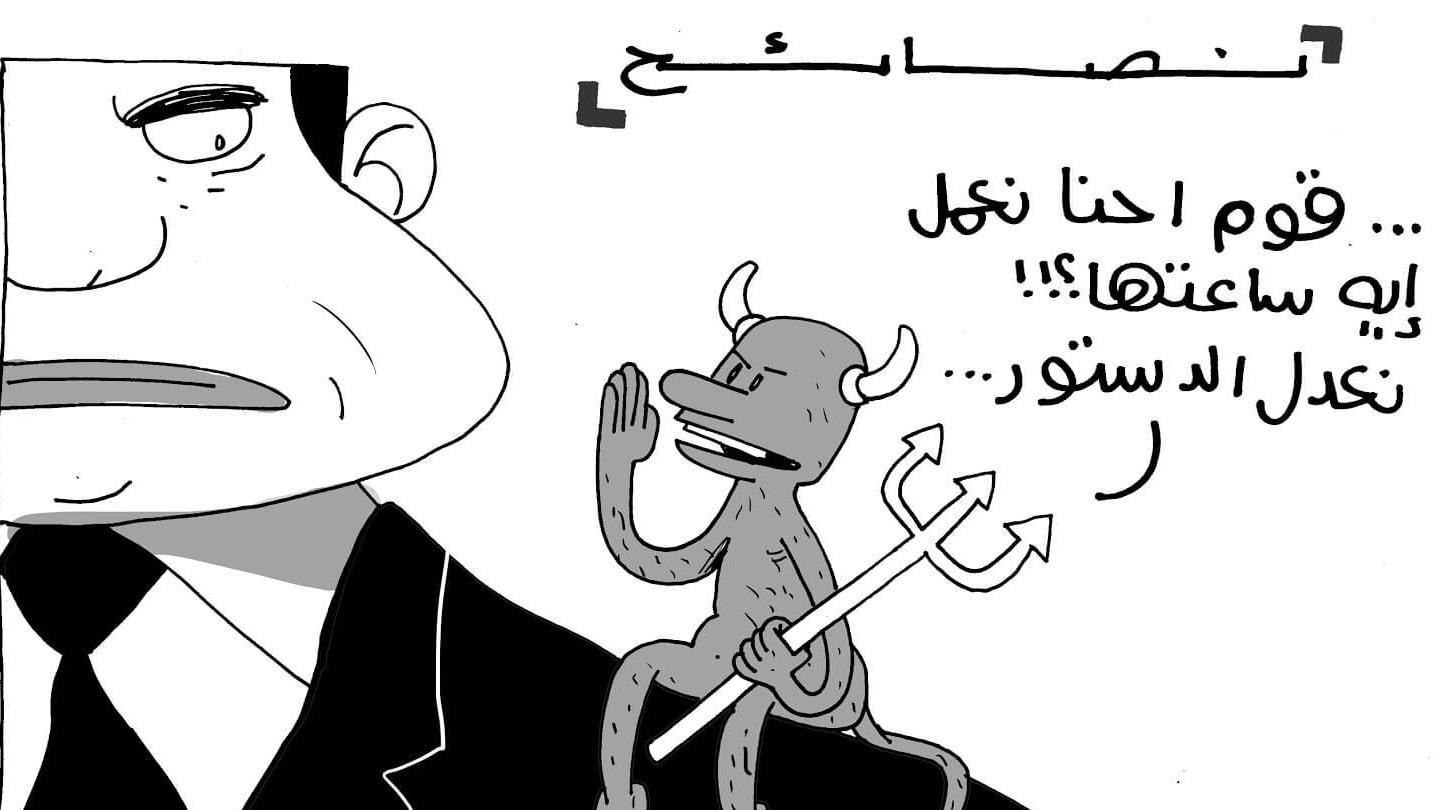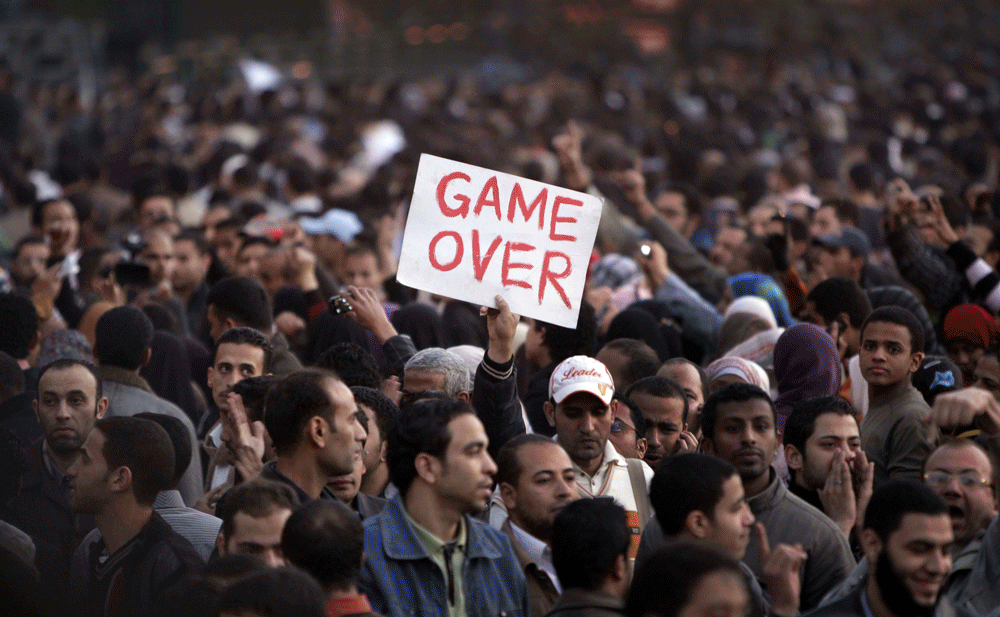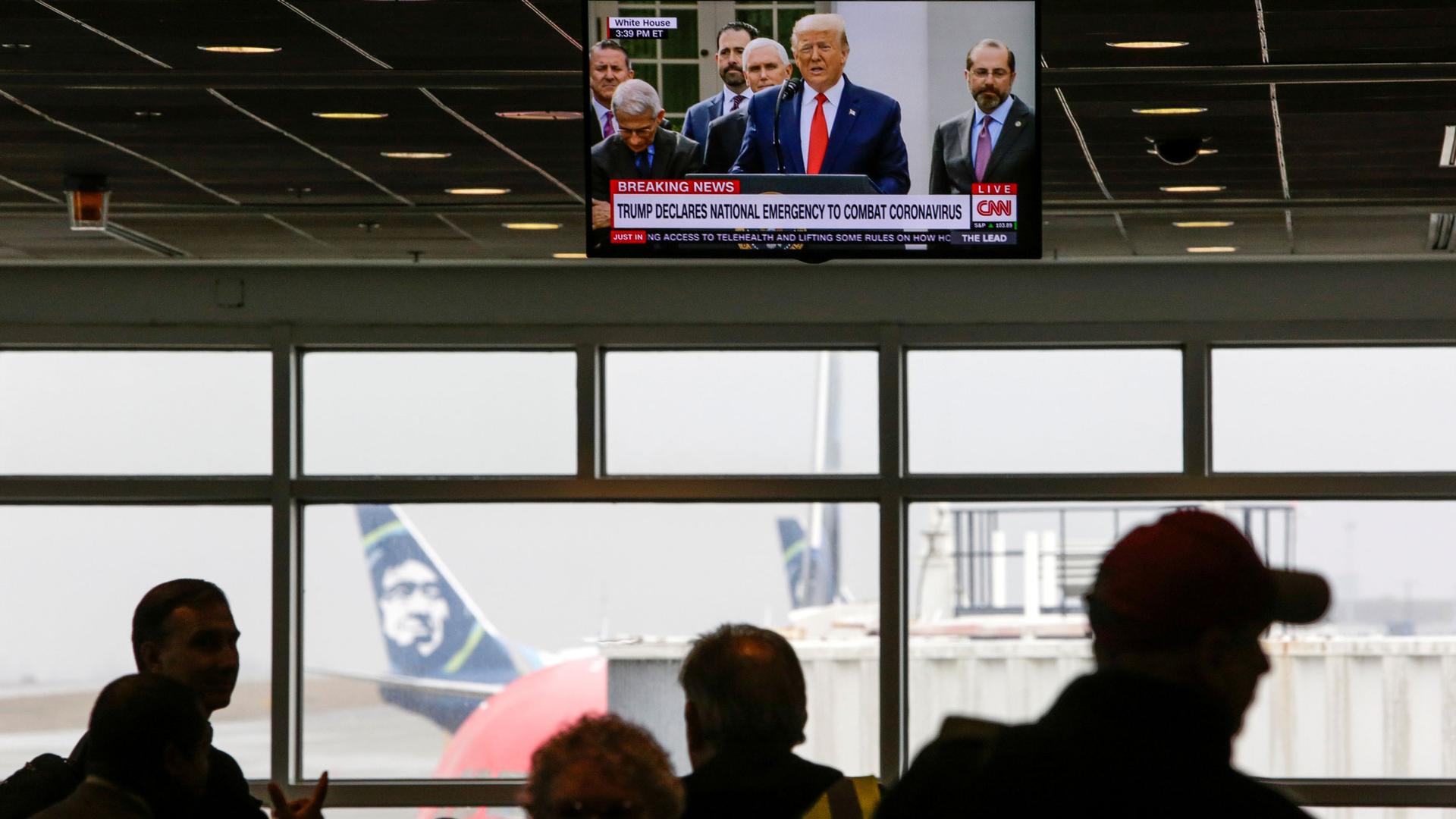Hosni Mubarak
No joke! How two cartoonists spurred revolution during the Arab uprisings.
Syria’s Ali Ferzat and Egypt’s Mohamed Anwar radically departed from long-established rules about how to depict their leaders. Their images served as a catalyst for massive uprisings that swept across the Middle East and North Africa in 2011.
Commentary: Americans should demand reforms that ensure government serves the people
Sarah Chayes, a senior associate in the Democracy and Rule of Law Program at the Carnegie Endowment for International Peace, says politicians from both sides of the aisle are not taking seriously enough their duty to ensure they’re not turning their government role into an opportunity to make a buck.
From thousands of miles away, an activist tries to keep change alive in Egypt
Amira Mikhail was in Cairo’s Tahrir Square on the day Hosni Mubarak was ousted from power. Four years later, she’s still trying to press for change — but the disappointment of the Egyptian revolution’s aftermath means she’s doing it from the United States.


